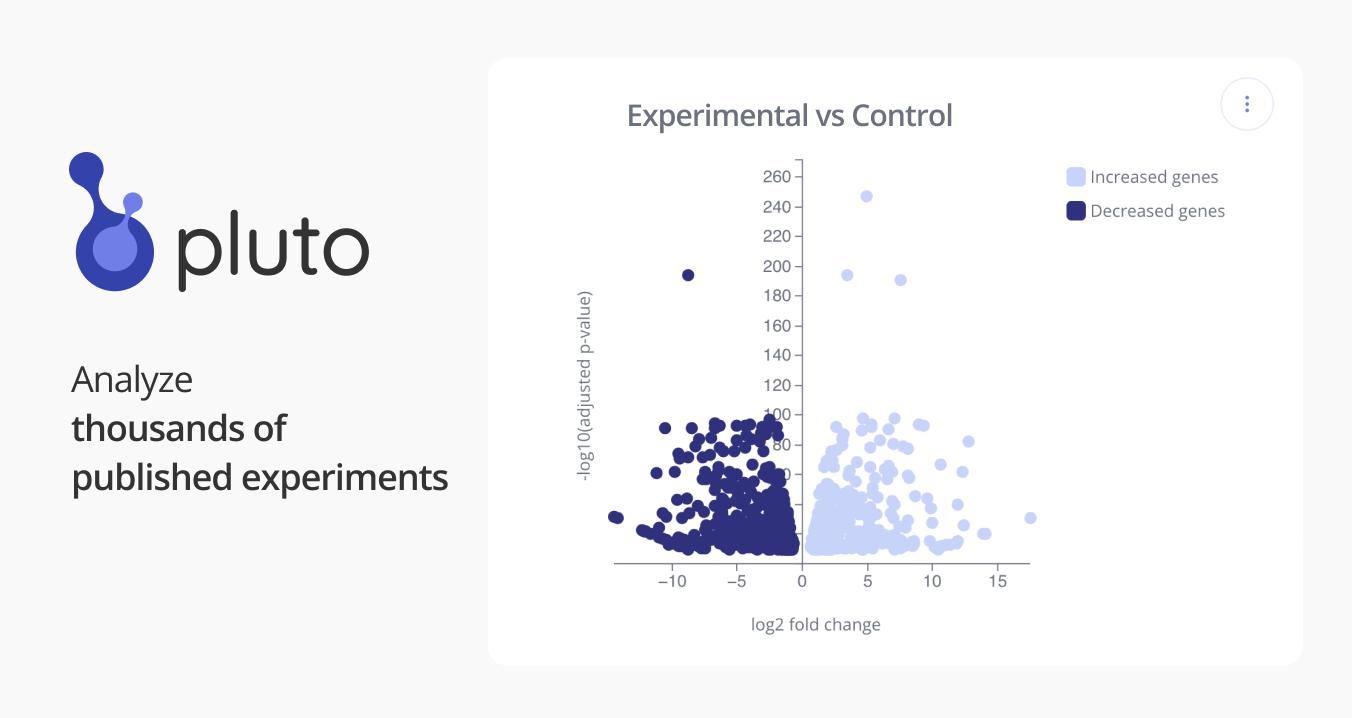Pluto Bioinformatics
GSE127918: Reconstruction of the decidual pathway in human endometrial cells using single-cell RNA-Seq
Bulk RNA sequencing
The fate of the human endometrium is determined during the mid-luteal window of implantation, coinciding with differentiation of endometrial stromal cells (EnSCs) into specialized decidual cells. Upon embryo implantation, differentiating EnSCs transform the endometrium into the decidua of pregnancy; whereas falling progesterone levels in the absence of pregnancy lead to tissue breakdown and menstruation. We used single-cell RNA sequencing to map the transcriptomic changes in primary EnSCs along a decidual time-course and in response to withdrawal of differentiation signals. We demonstrate that decidual transformation starts with a precipitous transcriptional response, which is followed by synchronous transition of EnSCs through intermediate states before emerging as divergent subpopulations, representing decidual cells and senescent decidual cells. Single-cell analysis of timed luteal phase biopsies identified multiple endometrial epithelial subpopulations and immune cells, most prominently uterine NK cells. In the stroma, transition from receptive to post-receptive endometrial state was marked by progression of EnSCs along diverging transcriptional trajectories, involving genes with conserved branching dynamics in vivo and in vitro. Our findings indicate that specification of EnSCs into distinct decidual subpopulations underpins endometrial fate decisions during the window of implantation. SOURCE: Jan,J,Brosens (j.j.brosens@warwick.ac.uk) - Division of Reproductive Health University of Warwick
